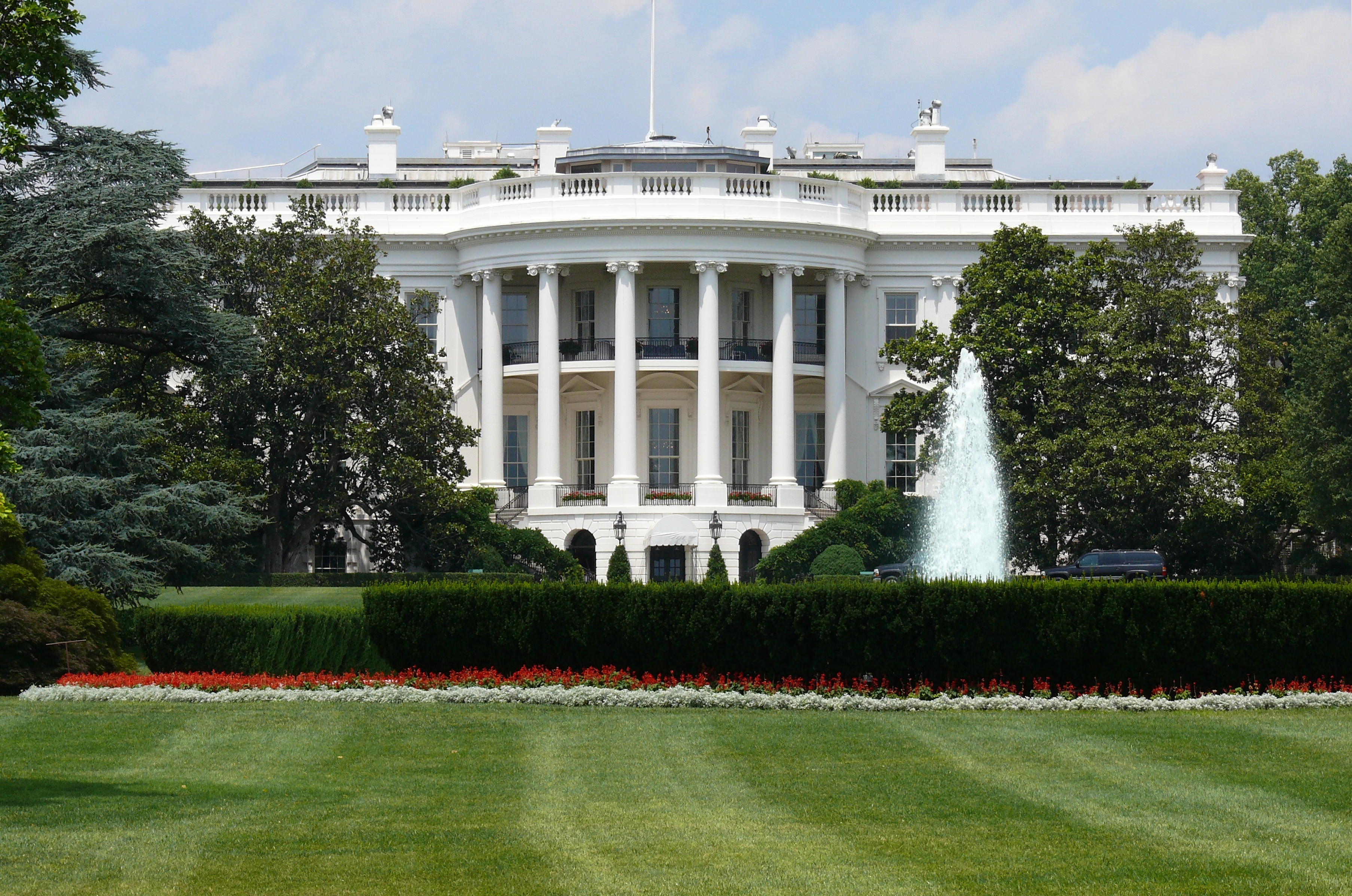Update (August 23, 2019): On Wednesday, the White House filed an appeal to the court ruling that prevented pharmaceutical companies from posting drug list prices on DTC ads. This reignites the battle between big pharma and the federal government over who’s to blame for formidably high drug prices and how best to lower them. STAT News writes that this appeal was expected, considering the series of setbacks that rocked the Trump administration’s plan to reduce drug prices. The court ruling came just hours before the regulation was set to take effect on July 9, 2019.
Originally published on July 10, 2019:
Yesterday, drugmakers across the US were prepared to slap price stickers for their prescription meds onto their direct-to-consumer (DTC) ads…until a federal judge squandered the regulation at the last minute.
For over a year, the Trump Administration has been proposing different plans to tame ever-increasing drug prices to make healthcare more affordable for patients. Between Senate hearings and plans to take rebates out of the system, one of the most highly anticipated changes was the ruling to include the prices of prescription drugs in DTC television advertisements, a popular strategy for drug marketing.
Why include drug prices? Because including them would spur competition between drug makers to lower prices, says the Department of Health and Human Services (HHS). Knowing the price can help facilitate discussions between patients and their healthcare providers, leading to more informed decisions.
Pharma companies were quick to respond to the ruling, initially, proposed August 2018, saying that including the list price on DTC ads could do more harm than good. The Pharmaceutical Research and Manufacturers of America (PhRMA), who represents major pharma companies, expressed concern over misleading patients about the true cost of prescription drugs. The wholesale acquisition cost, which would be listed on the ad, does not factor in insurance coverage and patient assistance programs.
RELATED VITALS: What You Need to Know About Drug List Prices and DTC Ads
These same issues were echoed in a recent lawsuit filed by pharma giants Merck, Amgen and Eli Lilly, along with the Association of National Advertisers: not only would the proposed rule confuse patients, but it could potentially increase the cost of drugs.
“Far from promoting transparency and improved decision-making, therefore, the rule would instead force pharmaceutical companies to mislead tens of millions of Americans about the price they would actually pay for important medicines that might improve their health or even save their lives,” reads the lawsuit.
The drugmakers further allege that the actions of the HHS would violate the First Amendment.
But this was not the reason the rule was abandoned Monday night. US District Judge Amit Mehta concluded that the HHS had “exceeded its authority under the Social Security Act (SSA)”.
The SSA grants some level of rulemaking authority to the HHS, provided that the regulations help carry out “efficient administration” of programs that HHS is responsible for. HHS argued that drug price disclosure was a way to make insurance programs like Medicare and Medicaid more efficient.
For now, pharma companies won’t have to include prices on their DTC ads, but some companies have already taken the initiative. In March, Johnson & Johnson produced America’s first TV drug ad with a list price for their blood thinner, Xarelto. It’s unclear how including the price tag of about $450 in televised ads will affect sales.
An HHS spokeswoman said that the agency is “not surprised by the objections” and they are “working on many different avenues” for attaining greater pricing transparency. As drug makers continue clashing with policymakers over how to lower drug prices, the issue of including drug prices on DTC ads will certainly make headlines again.












Join or login to leave a comment
JOIN LOGIN